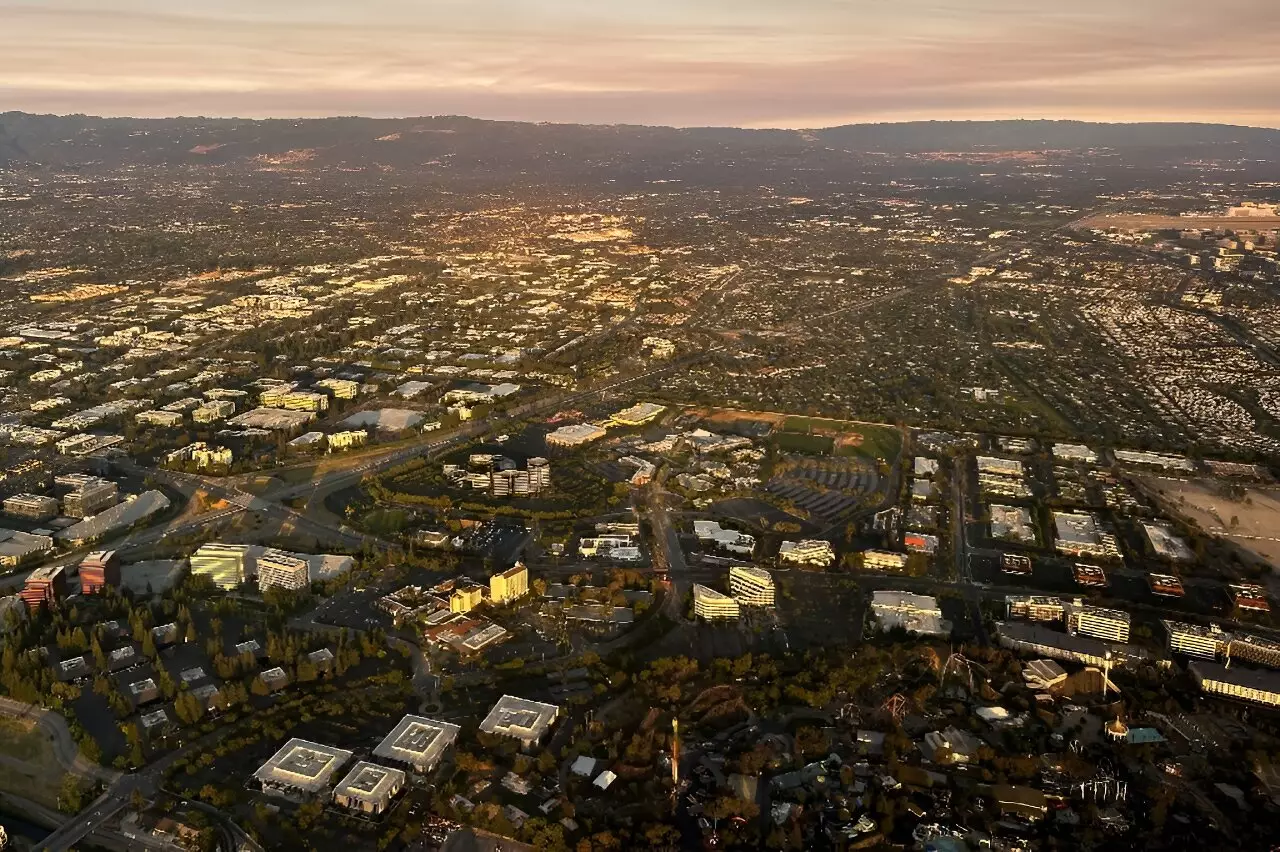In the world of generative AI, a concerning trend is emerging in Silicon Valley. Some of the most promising startups in this space are finding themselves either being acquired or closely tied to major US tech giants. Companies like Inflection AI or Adept have recently experienced key executives departing discreetly to join established tech companies. These moves, although denied as acquisitions by companies like Microsoft or Amazon, are seen as strategic maneuvers to avoid the scrutiny of competition regulators.
Startups like Character AI are facing challenges in raising the necessary funds to maintain their independence. French startup Mistral, in particular, is believed to be at risk of being acquired by a tech giant. Even the creator of ChatGPT, OpenAI, has entered into a partnership with Microsoft, securing its future with a substantial investment in exchange for exclusive access to its models. These developments highlight the growing influence of big tech companies in the generative AI landscape.
One of the critical factors driving startups in the generative AI space towards alignment with tech giants is the need for significant financial resources. Building and scaling technologies that can generate human-like content in seconds require massive computing power that only large cloud providers can offer. This shift from the traditional entrepreneurial journey to aligning with established companies reflects the growing complexity and resource demands of generative AI technology.
Founders and key employees from startups like Inflection or Adept often hail from tech giants like Google or OpenAI. The departure of Mustafa Suleyman, former leader of Inflection, to head Microsoft’s consumer AI division is a testament to the talent migration towards established tech companies. While these moves may make sense from a financial stability perspective, they also raise concerns about stifling competition and innovation in the generative AI space.
The increasing acquisition of smaller firms by big tech companies has drawn the attention of government regulators. Scrapped deals like the attempted acquisition of Wiz by Google underscore the growing scrutiny of such transactions. Regulators in the US, European Union, and Britain have expressed concerns about the ties between startups like Inflection and Adept with tech giants like Microsoft and Amazon. Although blocking these arrangements may prove challenging for antitrust enforcers, regulatory bodies are signaling a more vigilant approach towards preventing monopolistic practices in the AI industry.
As the generative AI landscape continues to evolve, the dominance of big tech companies raises important questions about competition, innovation, and regulatory oversight. The shift towards alignment with established tech giants presents both opportunities and challenges for startups in this space. Striking a balance between access to resources and preserving a diverse ecosystem of innovation will be crucial in shaping the future of generative AI. Regulatory bodies play a pivotal role in ensuring fair competition and safeguarding the integrity of the industry as it navigates the complexities of technological advancement and corporate consolidation.


Leave a Reply